13.04.2023. - Брана Итаипу / Бразил
Објављено: 18.04.2023
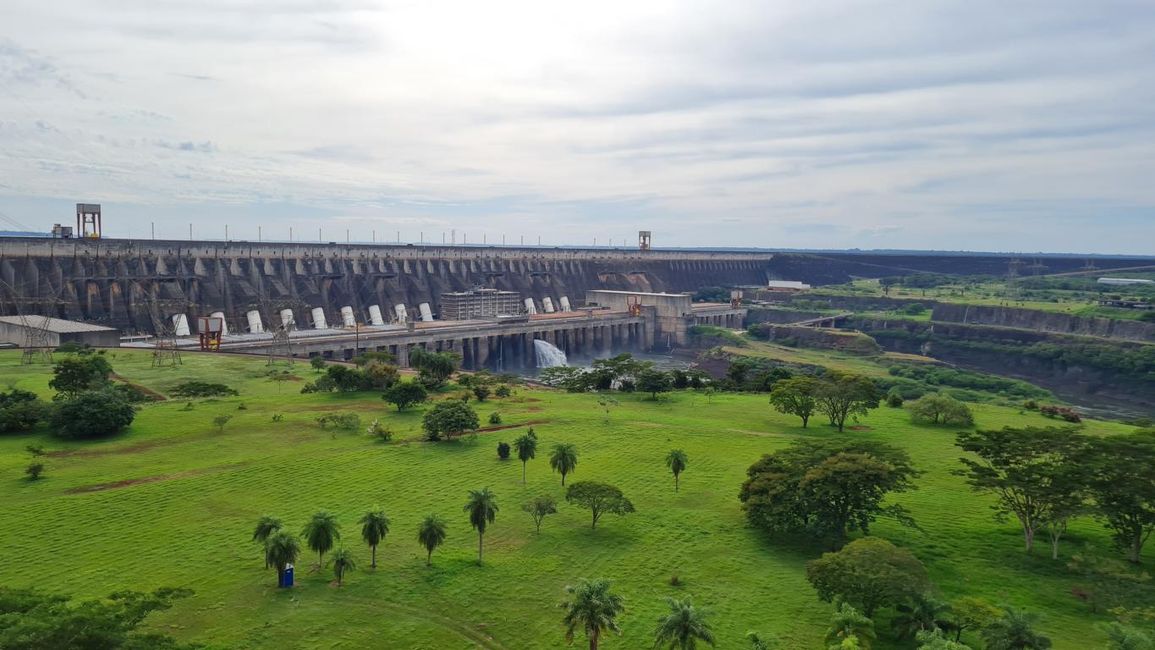
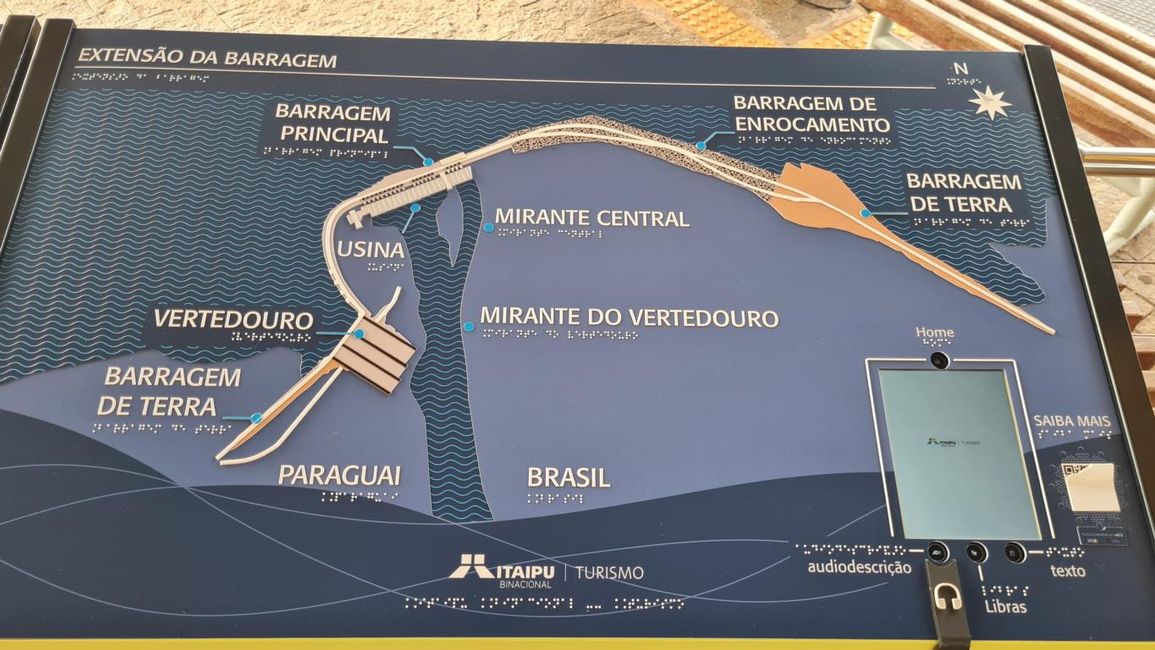


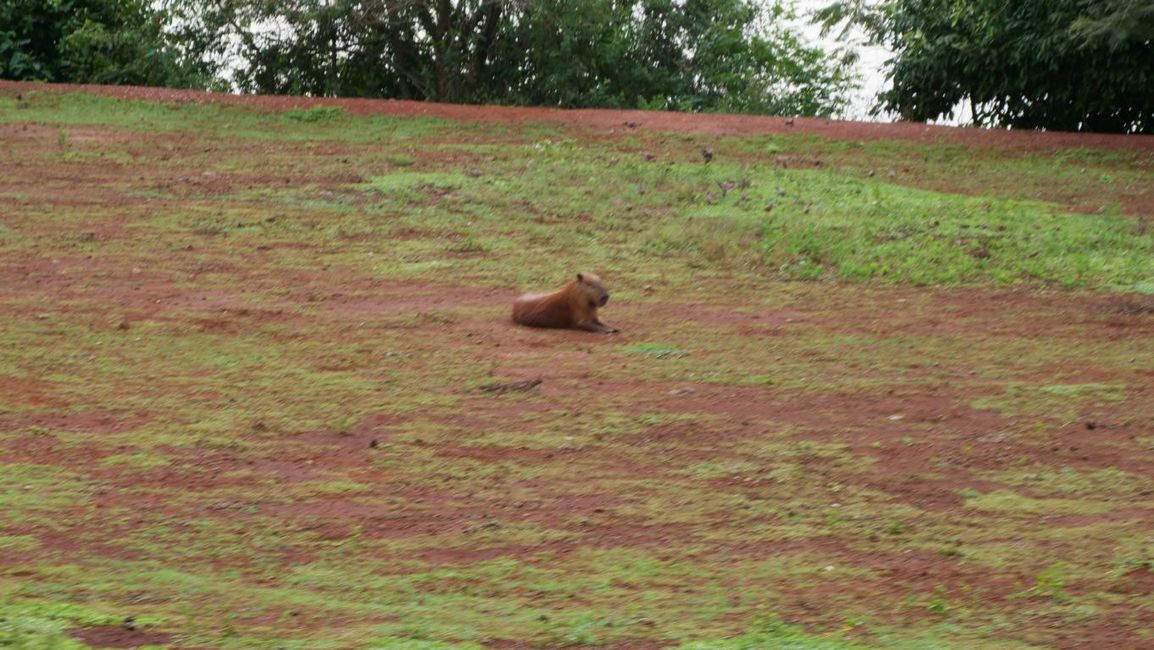
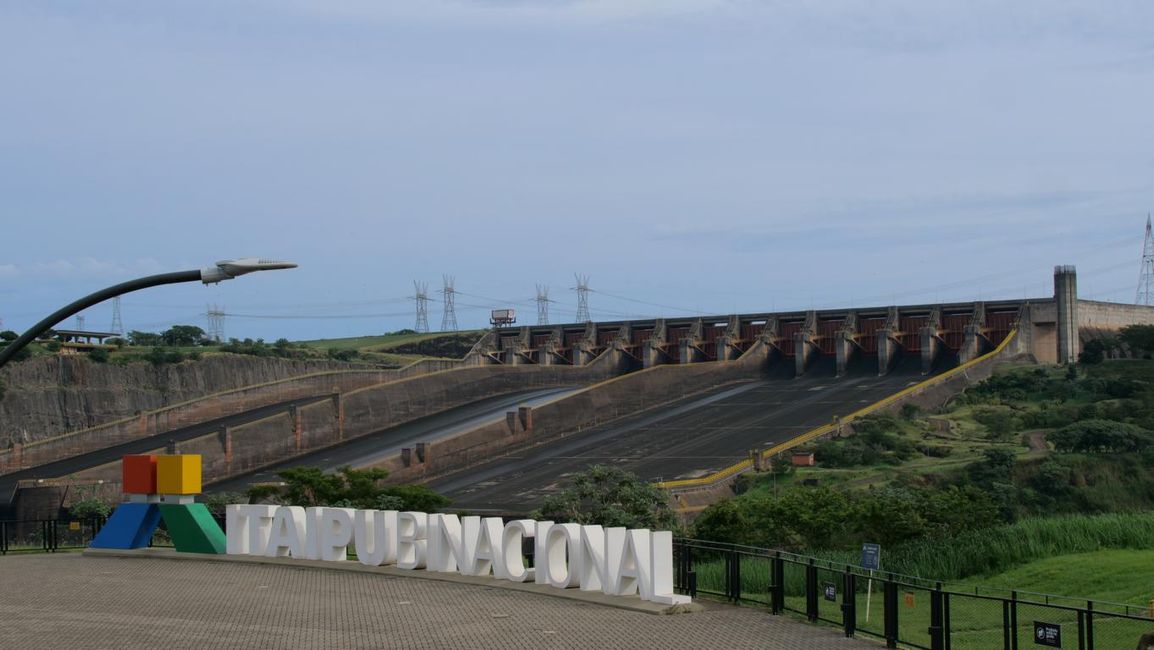
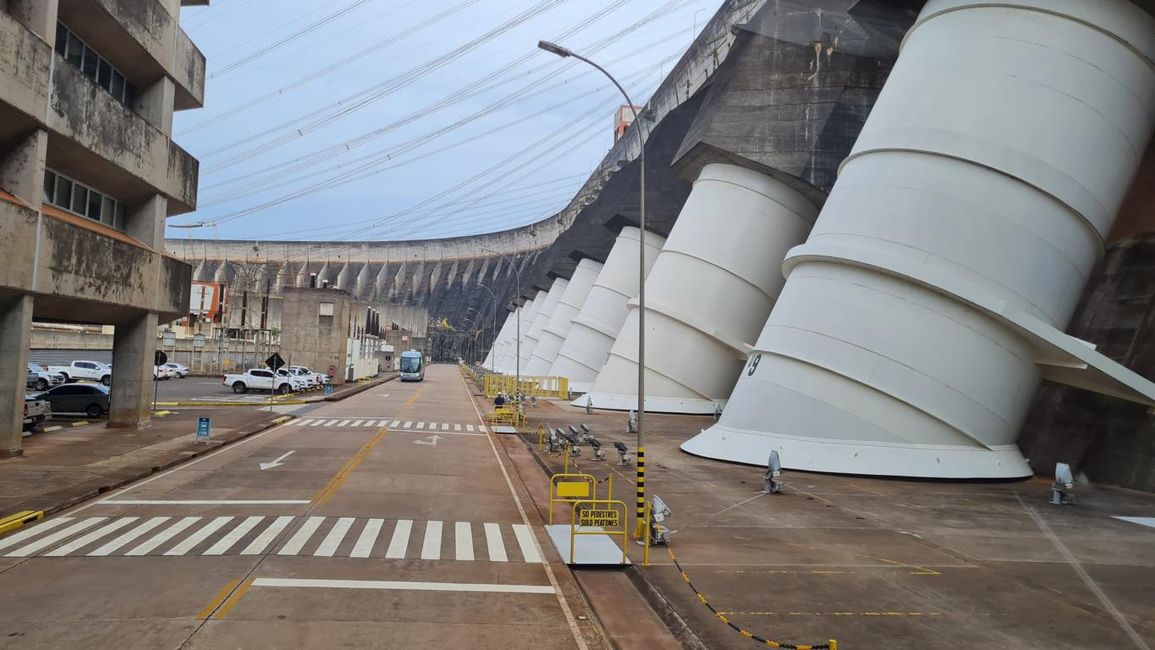
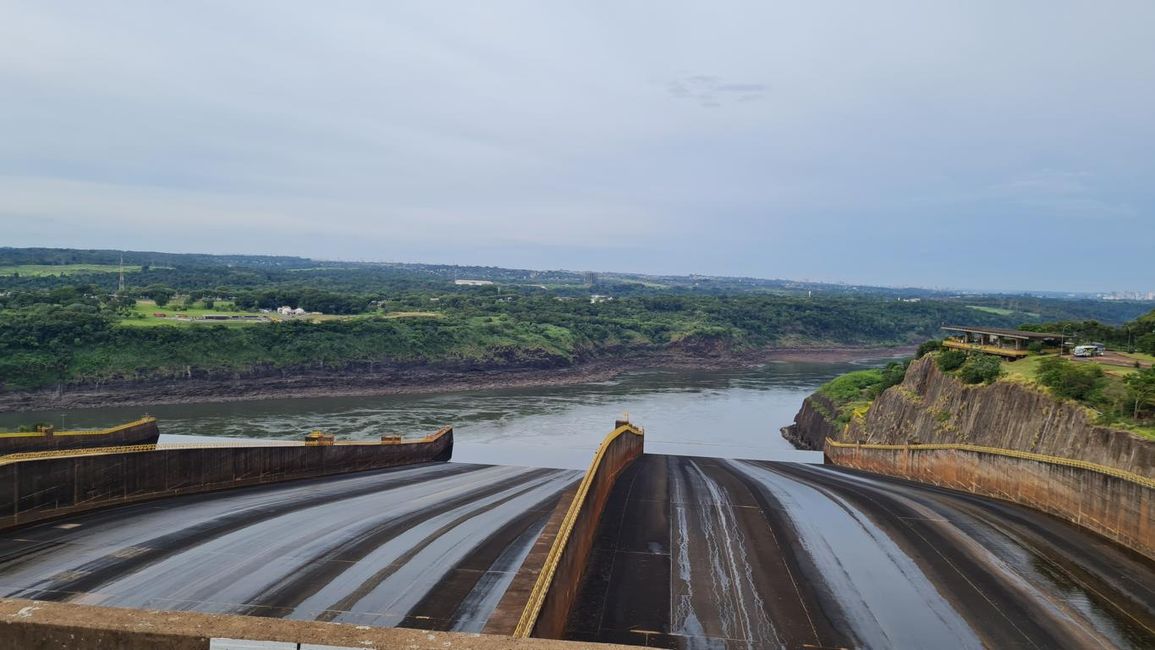
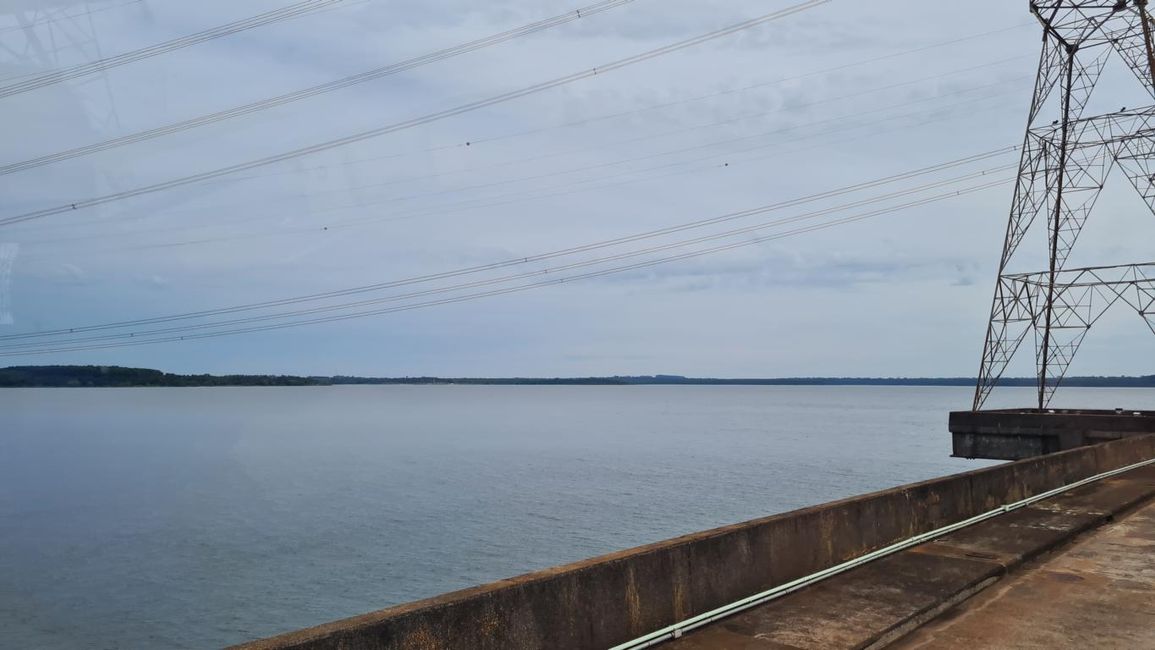
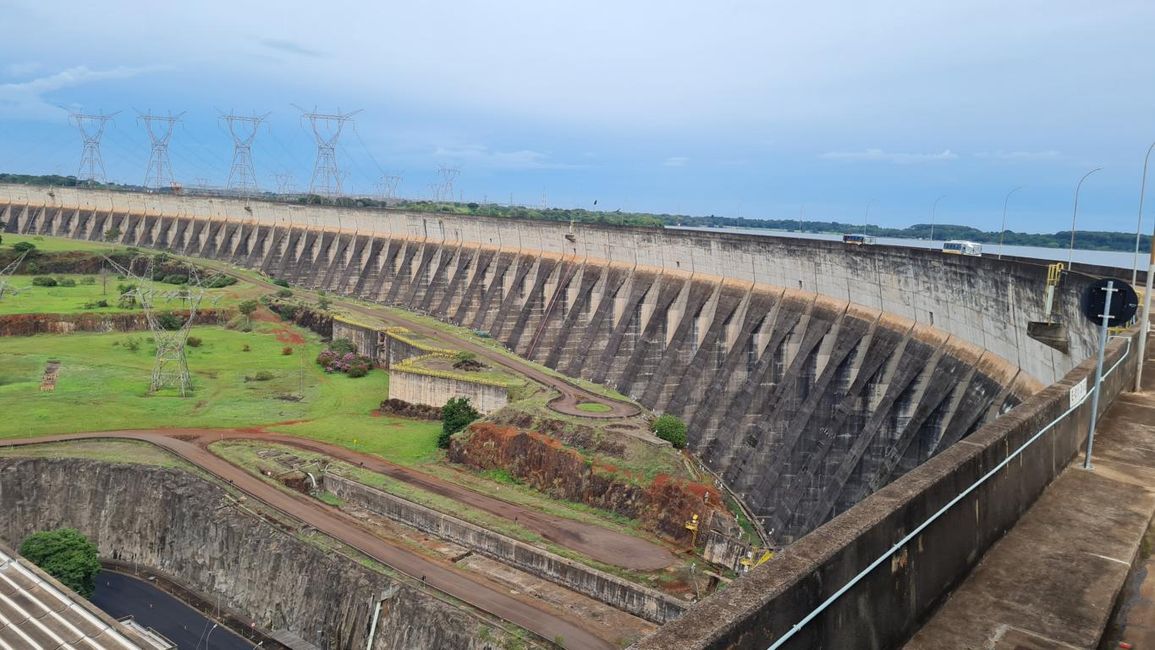
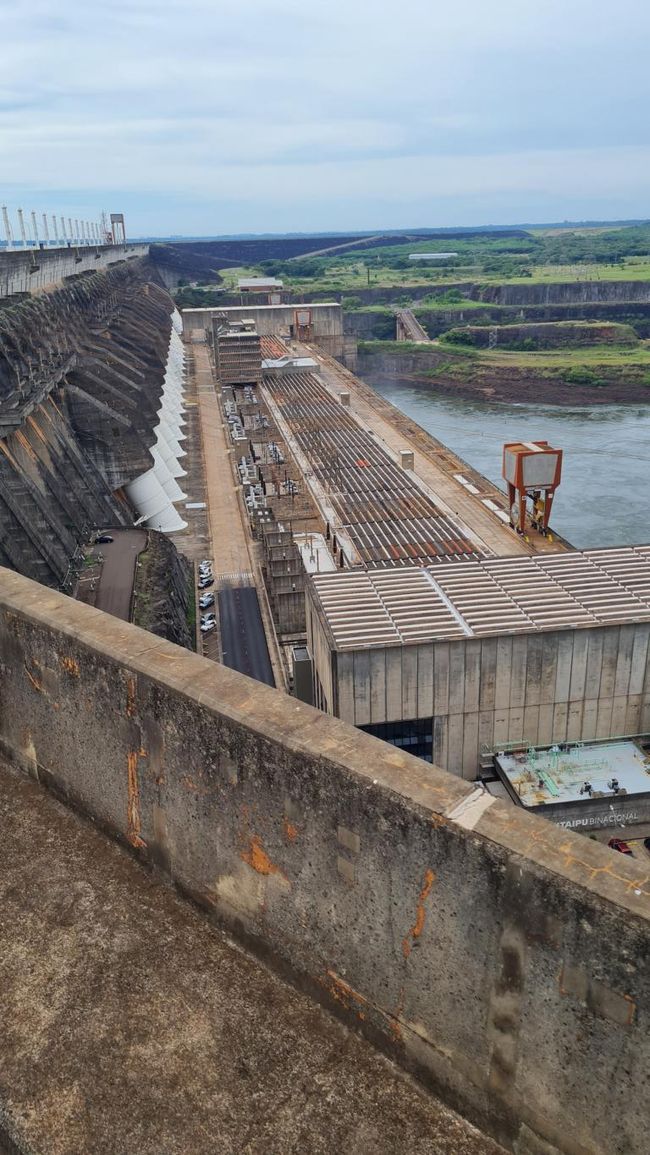
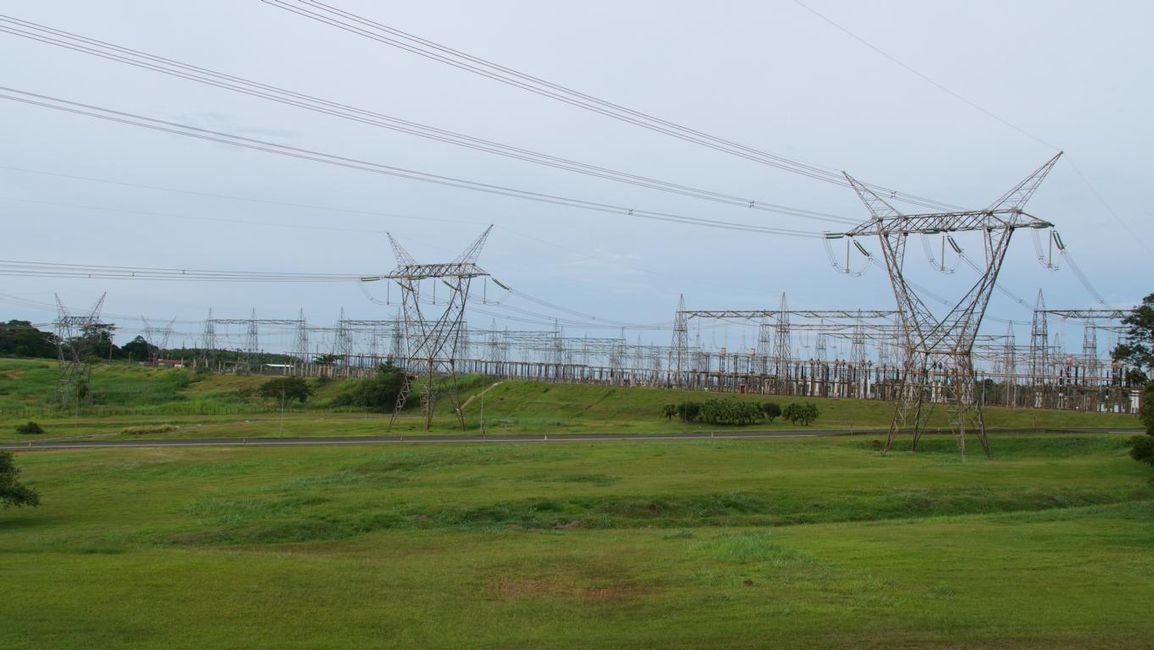
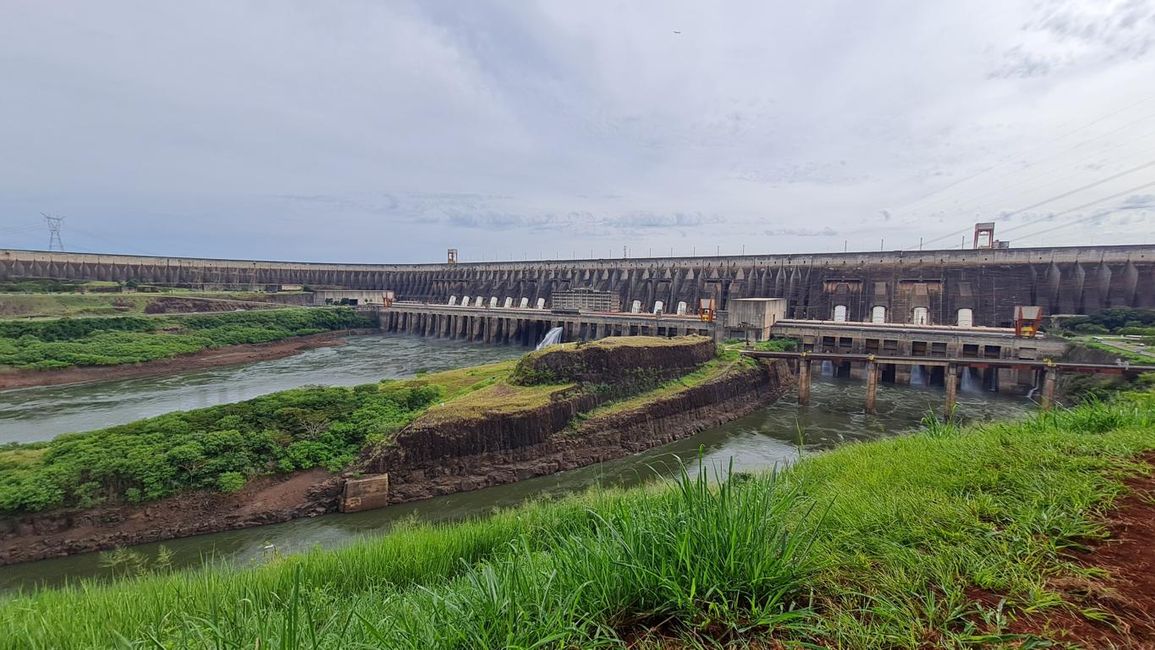
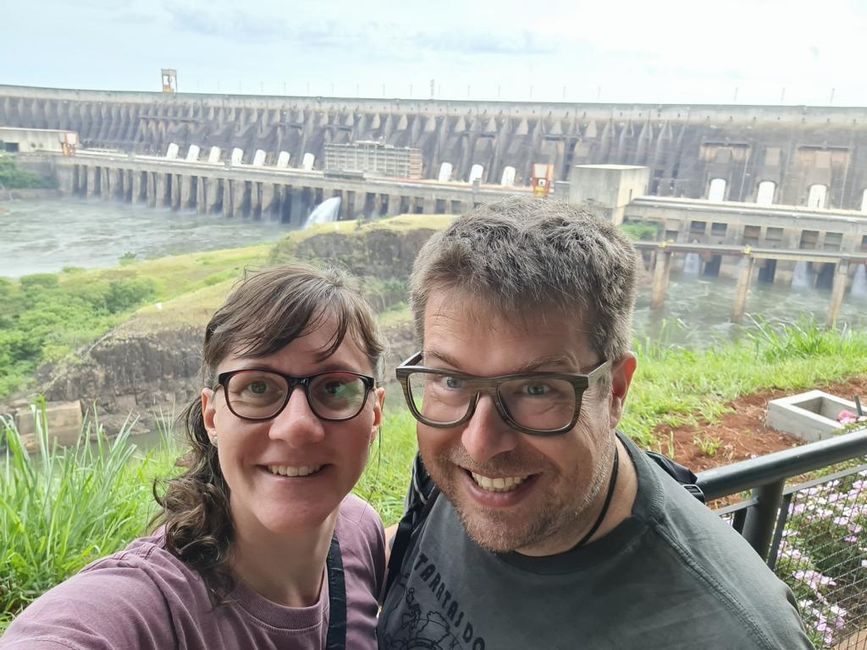
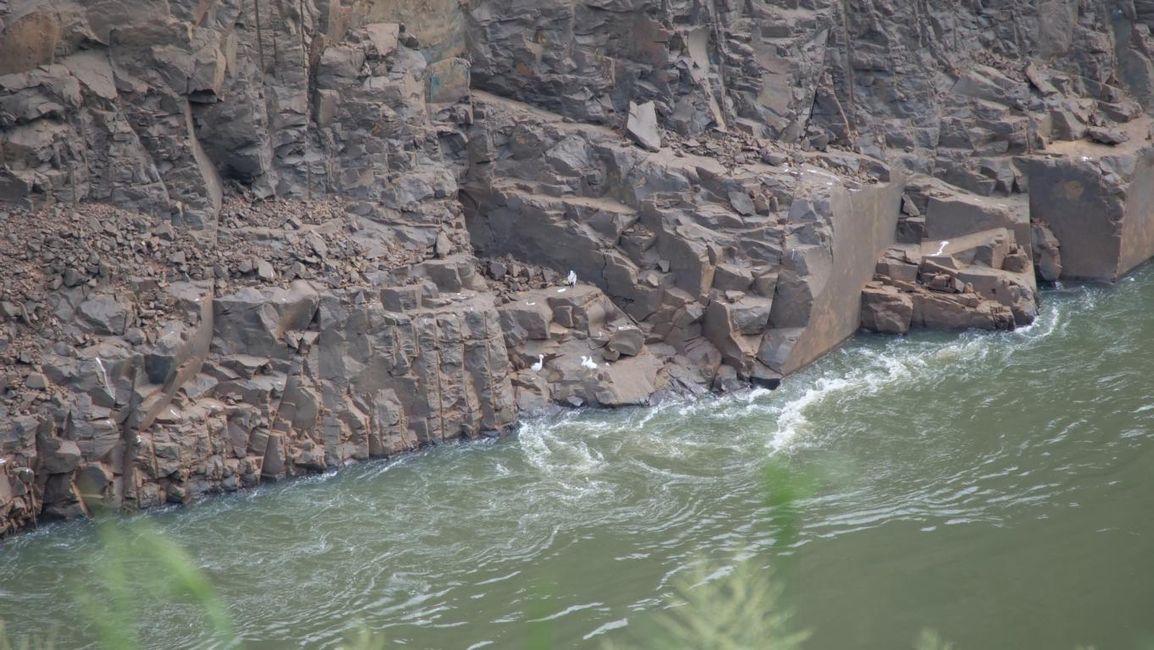
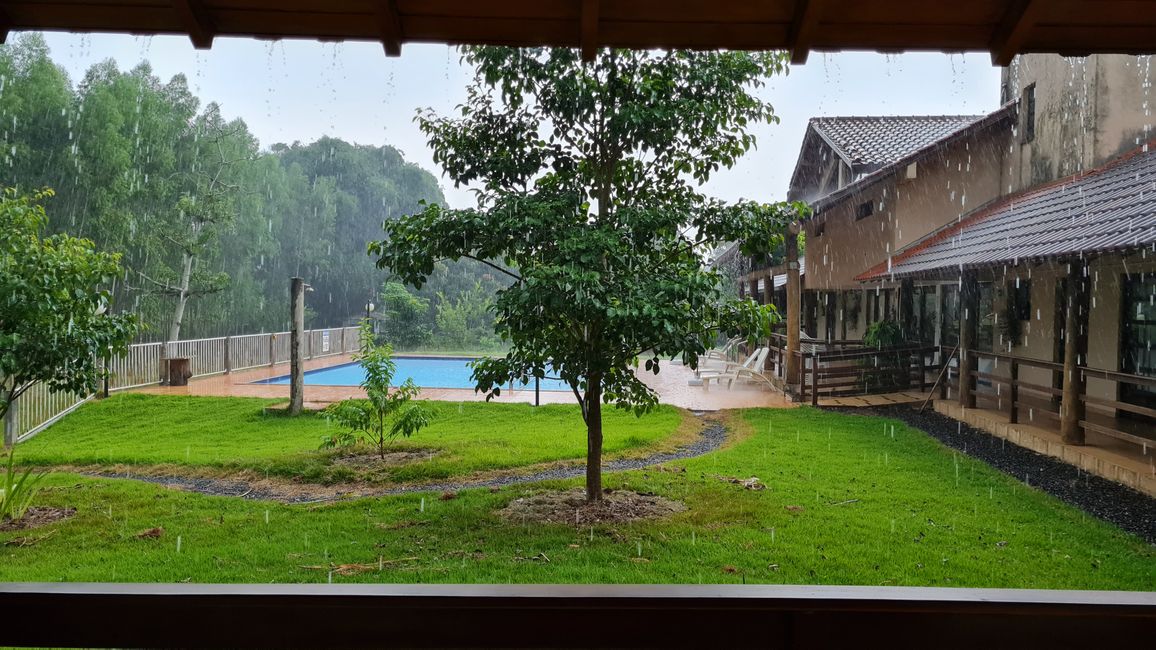
Пријавите се на билтен
Today we visited the second largest hydroelectric power plant in the world - Itaipu. The corresponding dam and reservoir also bear the name Itaipu. The power plant was opened after over 10 years of construction on May 5, 1984 and cost 19.6 billion US$. We took a taxi to the north of Foz do Iguacu and booked the Panorama Tour of the Itaipu Binacional site. We boarded a bus and were driven around the site. There were many information about the facility and the construction over the PA system and from a tour guide. At our first stop, we were able to see the huge spillways and in the distance the penstocks and the dam. Then we drove past the 20 huge penstocks. Together they generate a capacity of 14,000 megawatts. Our tour continued, without official entry, shortly after Paraguay, because Itaipu is located on the border and belongs to Brazil and Paraguay. We drove along the dam. It has a length of 7.7 kilometers and a height of 196 meters. From there we could look at the large Itaipu reservoir with its area of 1,350 square kilometers, which is fed by the mighty border river Rio Parana. We made our second and final stop on an observation deck, from which we had another good view of the entire facility. After about 1.5 hours, we arrived back at the starting point by bus, learned a lot and saw an interesting structure. What was not told to us during our tour is that subtropical rainforest was deforested, 40,000 people, mainly Guarani Indians, had to be relocated and the largest waterfalls on the planet until then, Sete Quedas, in Paraguay were flooded forever in October 1982. The power plant generates green electricity, which meets 17% of Brazil's electricity needs and 75% of Paraguay's, and ensures plenty of workforce in both countries. The dam is therefore very important for the regions and countries in many respects. We returned to the city by taxi, bought a few things at the supermarket, and then went to our accommodation in the kitchen. We had just closed the door behind us and it started raining heavily. We had made good use of the last few days with the best weather, now we could rest.
Пријавите се на билтен
Одговор (1)
Ute
Ein riesiges Bauwerk 🤷♀️
Извештаји о путовањима Бразил

